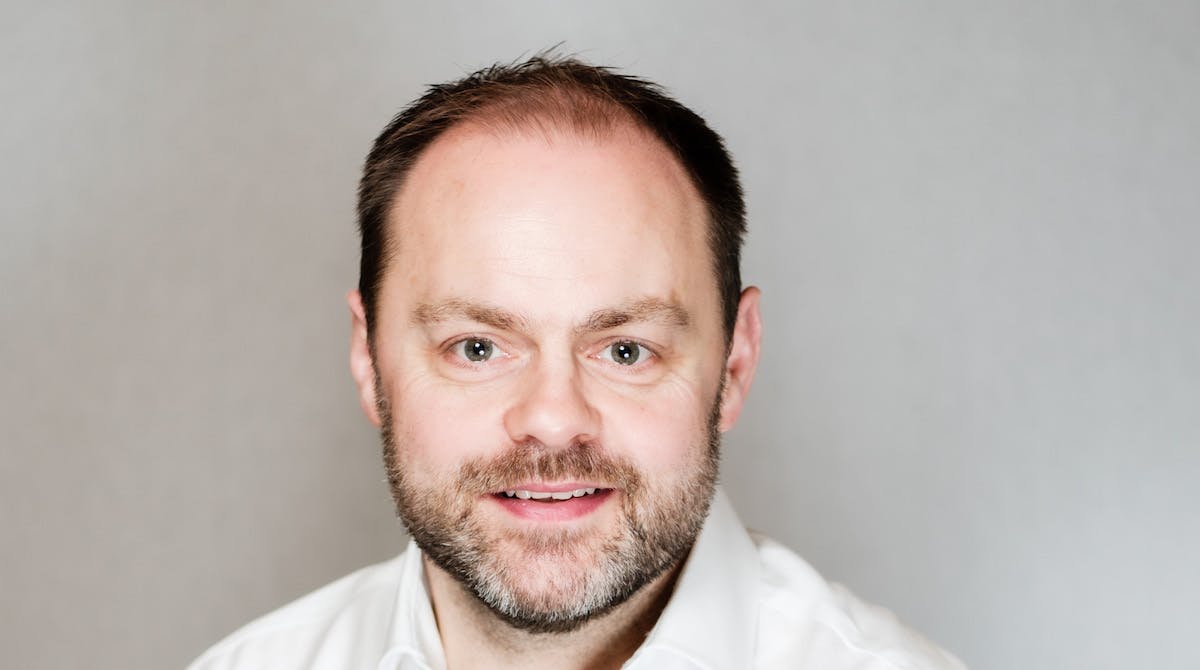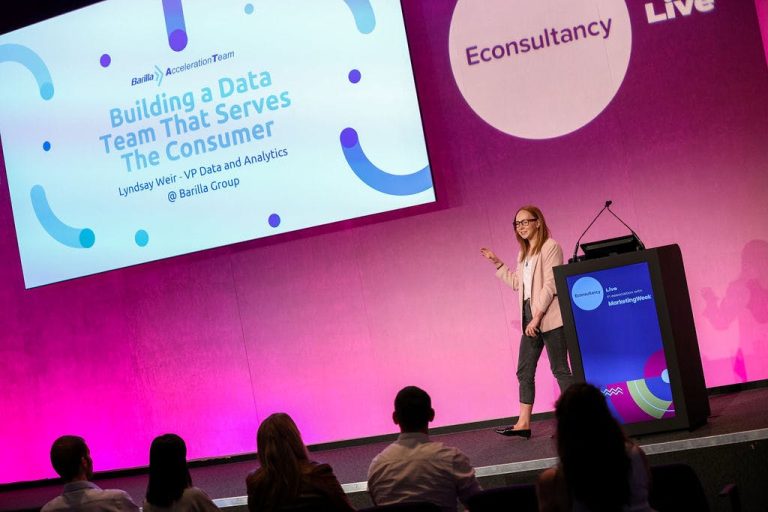
Evans had been asked his opinion on the next phase of digitisation, and said telehealth was an example of “Really complex things [achieved online] for cohorts that have always traditionally been offline.”
“I talk about three things – one is we wanted to build in house digital capability, so we built a digital services function, starting back in 2013, which meant that we could do all our coding and engineering and development and deployment in house.”
He added, “…there’s a long game to play which is do the right thing for the customer and it will pay back, even if it needs a bit more investment and effort up front.”
Three phases of digital transformation
In this context, Evans admits that “the job is never done”, because “it’s easy to slip back into P&L orientation, product orientation. For financial services specifically, the more complicated the products, the higher the margin, and so you have to constantly fight that tide…”
“Digital transformation has many different guises, doesn’t it?” said Evans, when asked to discuss digital transformation at Direct Line.
The Digital Transformation Monthly
Discussing the role of customer centricity in transformation, Evans is pragmatic. “My perspective is that customer orientation is not natural to everybody,” he said.
“The third phase, probably the most interesting, is a move to a digital mindset and with that I mean a move to the Agile Manifesto across the whole organisation, à la Spotify, ING and others. So that’s where we are, all of head office operating to the Agile Manifesto. And that’s fully congruent across the whole organisation.
Agile on the Exco
This commitment to agile is no surprise. When Evans spoke to Econsultancy back in March 2020 at the beginning of the Covid-19 pandemic he was asked about useful tools and admitted he had “used Trello for a number of years but am now finding it more useful than ever. It’s a simple kanban app but is incredibly effective at keeping track of everything when things are moving very fast.”
“Customer orientation is not natural to everbody”
“If I take insurance claims as an example, it’s quite complicated, but actually it’s a sequential, waterfall process more often than not, so we’ve seen many more customers willing to go through that process digitally.”
“Then follows a process of digitisation of the customer experience itself – I suppose that’s the point isn’t it, customers are ever more willing to do things digitally.”
“Even then, it’s a constant work in progress,” said Evans. “Just two days ago we had a half-day Exco, 100% dedicated to the customer, reminding ourselves of the uncomfortable truths in the sector, reminding ourselves of the commercial imperative to be customer-oriented, and listening to… paying customers in this virtual environment.”
At the Festival of Marketing, Evans said the Exco, which he sits on, had signed up to this phase three (digital mindset) as the next chapter to “enable those digital capabilities that we built.” He added that “actually we don’t have any digital function, people don’t have digital in their titles because digital capability is fully embedded across the whole organisation, so it’s actually more of a human factor now – transformation means the agile mindsets and behaviours, as much as anything.”
“And for any organisation it’s a work in progress. And really we’re talking about culture which is quite hard to shift. I think the key thing is you’ve got to make people realise that it’s a commercial endeavour and doing the right thing for the customer is what will pay back.”
At Direct Line Group, Evans said this was achieved in part by an exercise looking at NPS and correlating it with customer retention.
Speaking at the Festival of Marketing on a panel about digital transformation in finance, Mark Evans, Managing Director of Marketing and Digital at Direct Line Group, told delegates, “The limit is our own beliefs about what customers are prepared to do, so expect ever more complicated journeys… to be done digitally.”
This complexity of task undertaken by “willing and able” customers online is “part of the conversation that’s missed,” according to Evans, who said “it’s not just digitisation per se.”






